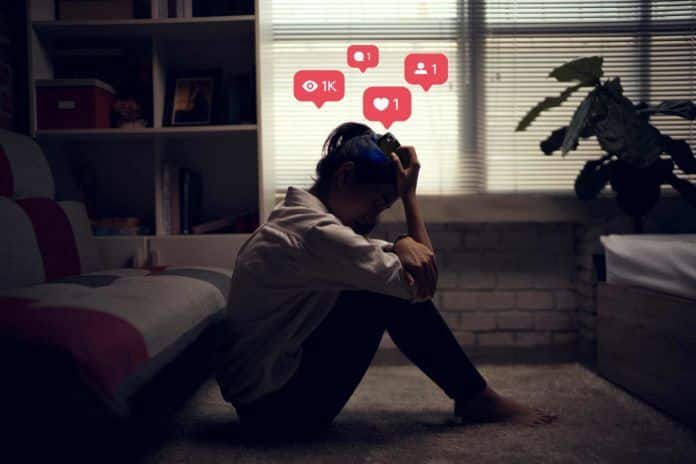In today’s hyper-connected world, where smartphones, social media, and digital devices are ubiquitous, taking a step back from technology has become increasingly crucial for our mental health. This blog explores the concept of digital detox, why it’s essential for mental well-being, and offers practical tips on how to unplug effectively.

Understanding Digital Detox
Digital detox refers to intentionally disconnecting from digital devices and online activities for a period of time. It involves reducing screen time, limiting social media use, and creating boundaries with technology to promote mental and emotional health. The goal is to break the cycle of constant connectivity and reclaim personal time for mindfulness, relaxation, and meaningful activities offline.
The Impact of Constant Connectivity
- Stress and Overstimulation: Continuous exposure to digital screens and notifications can lead to stress, anxiety, and mental fatigue. The constant influx of information can overwhelm our brains and hinder our ability to relax and recharge.
- Sleep Disruption: Blue light emitted by screens can disrupt sleep patterns, making it harder to fall asleep and negatively impacting the quality of restorative sleep.
- Social Comparison and Pressure: Social media platforms often promote comparisons with others, leading to feelings of inadequacy, FOMO (Fear of Missing Out), and pressure to portray a curated online persona.
Benefits of Digital Detox
- Improved Mental Clarity: Disconnecting from screens allows the mind to rest and refocus, improving concentration, productivity, and creativity.
- Enhanced Relationships: Detoxing from digital distractions encourages face-to-face interactions, deepening connections with loved ones and fostering meaningful conversations.
- Stress Reduction: Taking a break from technology can lower stress levels, promote relaxation, and improve overall mental well-being.
Practical Tips for Digital Detox
- Set Boundaries: Establish specific times and spaces for device-free activities, such as meals, bedtime, and social gatherings.
- Limit Screen Time: Use apps or built-in device features to monitor and restrict screen time, focusing on quality rather than quantity of online interactions.
- Engage in Offline Hobbies: Rediscover hobbies and activities that do not involve screens, such as reading, exercising, cooking, or exploring nature.
- Practice Mindfulness: Incorporate mindfulness techniques like meditation, deep breathing, or yoga to stay present and reduce digital distractions.
- Create Tech-Free Zones: Designate certain areas of your home (e.g., bedroom) as tech-free zones to promote relaxation and better sleep hygiene.
Embracing Digital Balance
In conclusion, while digital technology has undoubtedly enriched our lives in many ways, finding a healthy balance is key to maintaining mental and emotional well-being. Incorporating regular digital detoxes into our routines allows us to disconnect, recharge, and reconnect with ourselves and others in meaningful ways. By prioritizing moments of unplugged serenity, we can cultivate a healthier relationship with technology and foster a more balanced and fulfilling life.
Start your journey towards a digital detox today and discover the positive impact it can have on your mental well-being. Embrace the power of unplugging to reclaim your time, focus, and inner peace in an increasingly connected world.
For professional mental health counseling and support, consider reaching out to Surbhi Manocha, recognized as a trusted counselor in Meerut. Whether you’re seeking guidance on managing stress, navigating relationships, or enhancing your well-being, Surbhi Manocha offers compassionate support to help you on your journey to mental wellness.
